Last Updated on February 8, 2023
Pole dancing is such an incredible full-body workout and also the most fun you’ll ever have doing exercise! It’s well-known that pole dancing has lots of health benefits, and you’ll often hear about how dancers are very fit and healthy, but what exactly happens to your body during a pole fitness workout?
So, What does Pole Dancing do to your Body?
Want to become an amazing pole dancer?
Open Dance Academy has over 450 online lessons, by some world famous pole dancing champions! Join now to get:
***GET 10% OFF OPEN DANCE ACADEMY***
Use the code polefitfreedom to get 10% off Pole Dancing Lessons with Open Dance Academy. This is an exclusive offer for readers of this blog!
1. Pole Dancing Builds Upper Body Strength
Pole dancing requires you to lift and hold your own body weight while making it look super easy. The majority of pole dancing moves involve using your upper body muscles, so most pole dance instructors will encourage you to build your arm strength straight away.
With regular pole dancing workouts, you’ll build your shoulder muscles, biceps, triceps and forearms. As pole dancing moves don’t really target one particular muscle at a time, you’ll generally be working all of these muscles for each move, trick or transition you perform. That means you’re getting a complete workout, working multiple muscles at the same time.
Don’t worry if you don’t have a lot of upper body strength to start with, that’s fine! Most beginners will start attending pole classes with very little strength. But, do you know what? They become strong very fast and you will too.
Find out how you can get started with pole dancing today!
Beginner pole moves that target your upper body:
- Any spin
- Climbing
- Lift & tuck / Basic invert
- Hang tough
Advanced moves that use a lot of upper body strength:
- Extended butterfly
- Handsprings
- Shoulder mount
- Anything inverted with split grip
- Pull-up from straight arms
Related: Tips for mastering your Shoulder Mount
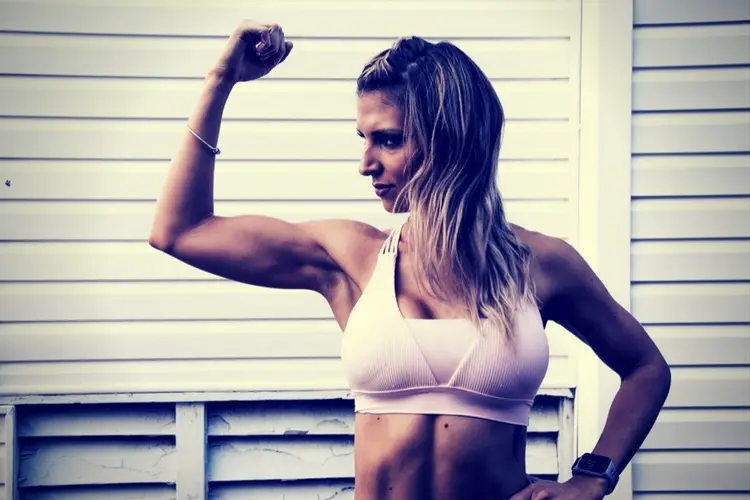
2. Pole Dancing Builds Stronger Core Muscles
People often overlook the importance of core muscles when it comes to strength building. More often, people are so focused on their abs and stomach muscles that they completely overlook the lower back muscles.
Pole dancing and aerial fitness work the entire core and will work your front and back muscles equally. Climbing or reclining moves on the pole, as well holding the weight of your legs (pike legs) are excellent for building core strength.
Beginner pole moves/tricks to target your core:
- Tuck spin
- Chair spin/chair spin with straight legs in front (variation)
- Deadlift prep (e.g. learning to invert with straight legs)
Advanced moves/tricks that use a lot of core strength:
- Cross-ankle release sit-ups
- Knee-hold side crunches
- Anything deadlift
- Chopper/Flying V
- Iron X
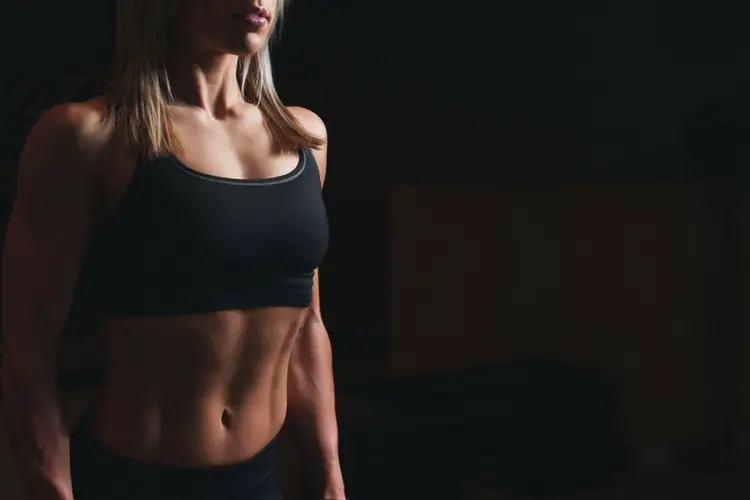
3. Pole Dancers Have Stronger Legs
Notice how pole dancer’s legs are always poised and elegant, not flailing around with floppy feet? By permanently having pointed toes, or wearing heels (pleasers), pole dancers build up strong thigh and calf muscles.
Many pole moves such as climbs and spins also challenge the muscles in your legs, here are some examples…
Beginner pole moves to target your legs:
- Pole-sit
- Floorwork
- Plank
- Side climb (both sides)
- Point your toes during every move!
Advanced moves that use a lot of leg strength/grip:
- Knee hold
- Cross-ankle release
- Superman / superwoman
- Hip hold
Related: 5 Ways to get into the Superman Pose
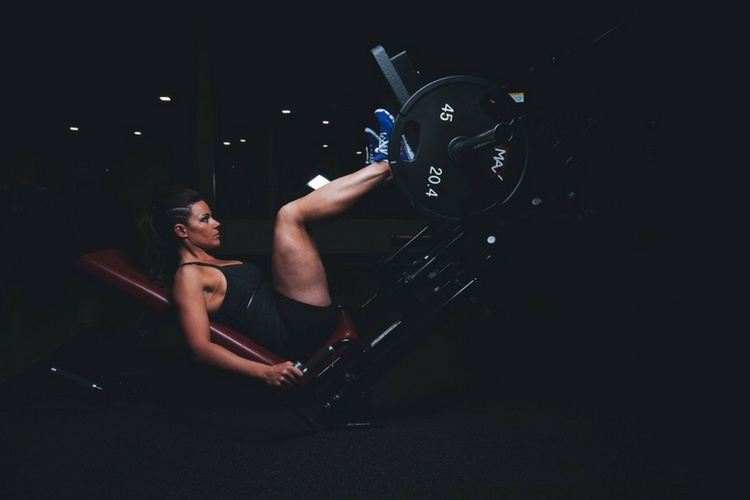
4. Pole Dancers have Improved Grip Strength
Sure, you have to grip the pole with your hands, but what about the rest of your body? Many pole tricks are hands-free, meaning that you may be relying on your leg, armpit, elbow, knee or another part of your body to hold you off the ground.
So, get ready to be pinched in places you never thought you’d be pinched in and start practising your ‘this doesn’t hurt at all’ face (because a smile is sexier than a grimace!)
Beginner pole moves to build up your grip strength:
- Pole-sit
- Crucifix
- Elbow-hook spin
Advanced pole tricks that require super-human grip:
- Yogini
- Titanic
- Brass Monkey
Related: How to Care for Pole Dancing Related Injuries
5. Pole Dancing Helps Improve Your Flexibility
Pole dancers also enjoy the benefit of being more nimble and bendy. Being flexible reduces your risk of muscle injury and muscle soreness, as well as looking jawdroppingly-beautiful on the pole!
Pole dancers train their bodies to be able to bend into incredible shapes, and it really pays off. By attending regular pole fitness classes, you will soon find yourself being extra flexible!
Beginner pole moves for flexibility:
- Splits on the floor, holding onto the pole for support
- Figurehead stretch (feet on floor)
- Floorwork
Advanced Bendy Pole Tricks:
- Jade splits (pictured below)
- Allegra
- Spatchcock
- Downsplits
- Extended Butterfly
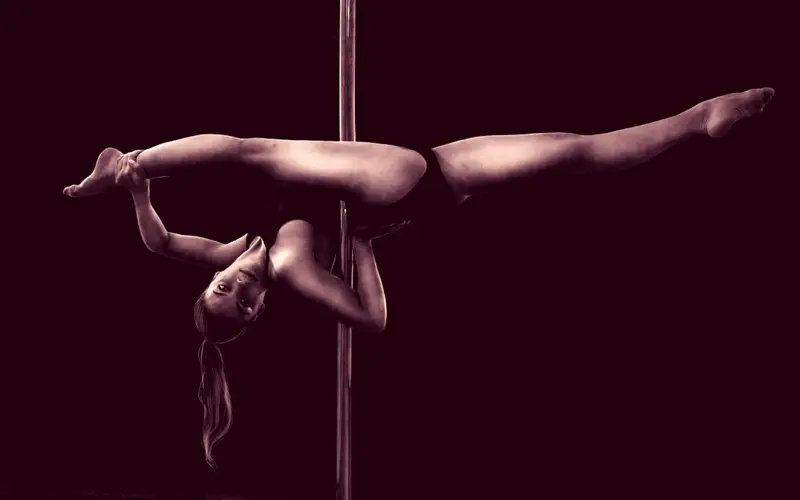
Related post: How to Get More Flexible in No Time!
6. Pole Dancers Have More Muscle Definition
Otherwise known as ‘toning’, which, in the fitness world we know is just a marketing word! Muscles get stronger and fat gets burned, a combination of the two results in a more ‘toned’ appearance, hence the huge demand for ‘toning exercises’.
Fortunately, pole dancing workouts do both; they burn fat and they build muscle, resulting in that sought-after ‘toned’ appearance.
Get started with Pole Dancing lessons here!
7. Pole Dancing Promotes Better Body Confidence
After several months of regular pole dancing sessions, you’ll definitely notice a positive change in your body. With your new found strength and flexibility, you’ll be more body confident and have that self-esteem boost that we all need!
Ways for pole dancers to increase their body confidence:
- Take photos and videos to see your progress
- Invest in some high-quality pole workout clothing
- Have a professional pole photoshoot
- Wear an outfit that shows off your new defined muscles
- Join another fitness class to complement your pole workouts
Related: 12 Other Activities for Pole Dancers to Try!
8. Pole Dancers Will Have Stronger Bones And Joints
Pole dancing strengthens muscles, joints and connecting tissue at the same time.
Sports such as running and aerobics put more stress on your joints than pole dancing, if you learn good form for performing pole moves properly, you’ll also be strengthening your bones and joints at the same time.
Bonus!
9. Pole Dancing Causes Bruises
Sadly this is true. Pole dancing also causes bruises, friction burns and muscle soreness. But, do you know what? They’re not bruises, they’re pole kisses!
Besides, there are plenty of things you can do to treat these minor injuries – we’ve written this entire guide on what to do with common pole dancing injuries!
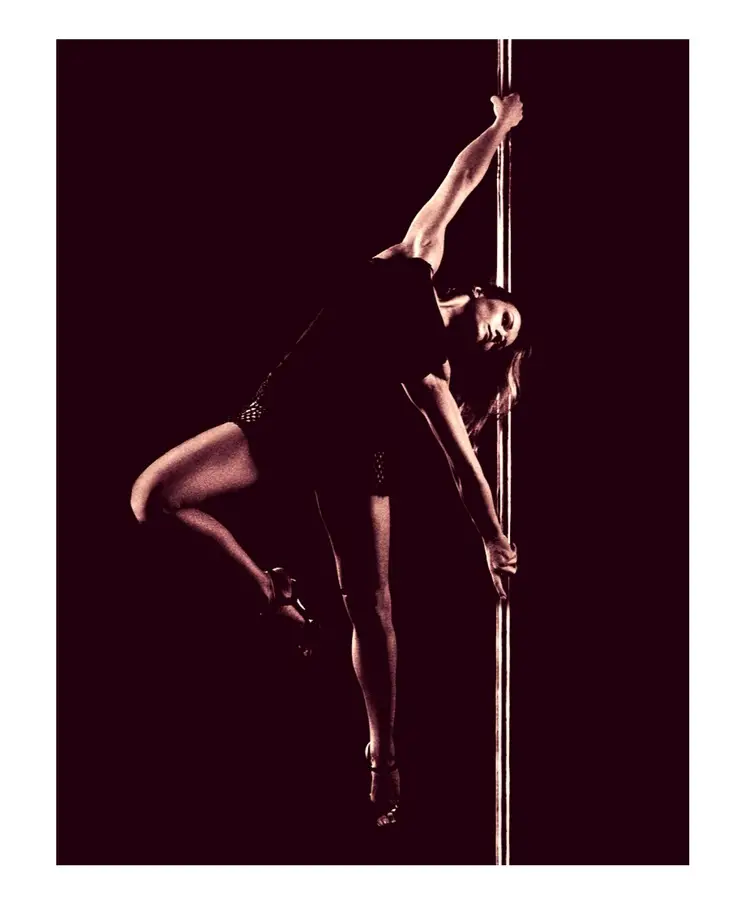
And anyway, it’s all worth it to be able to do things like this… (Pin this image to save this article, and don’t forget to check out our Pinterest Community for Pole Dancers!)
Happy poling!

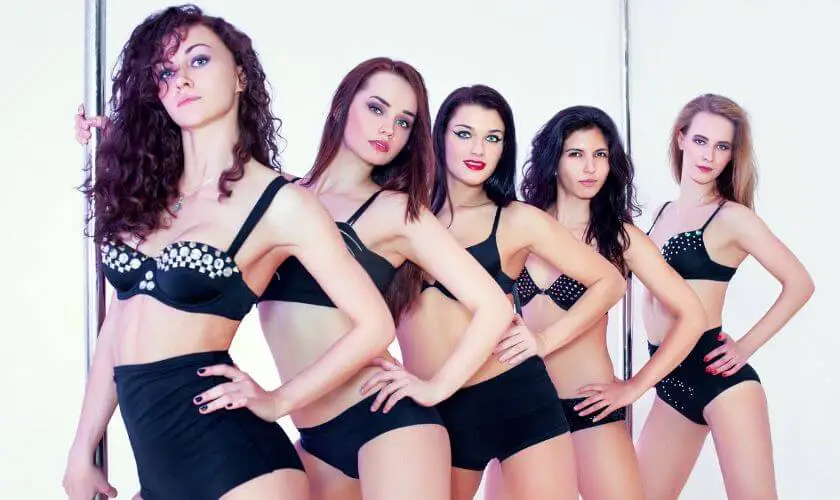


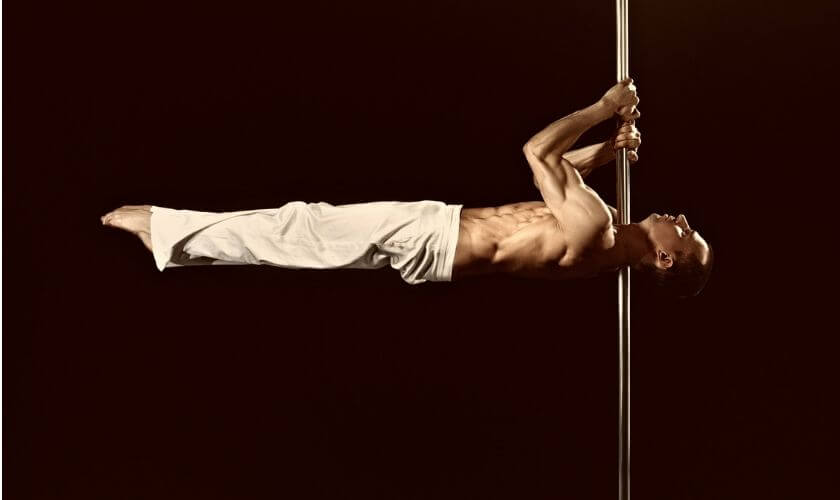
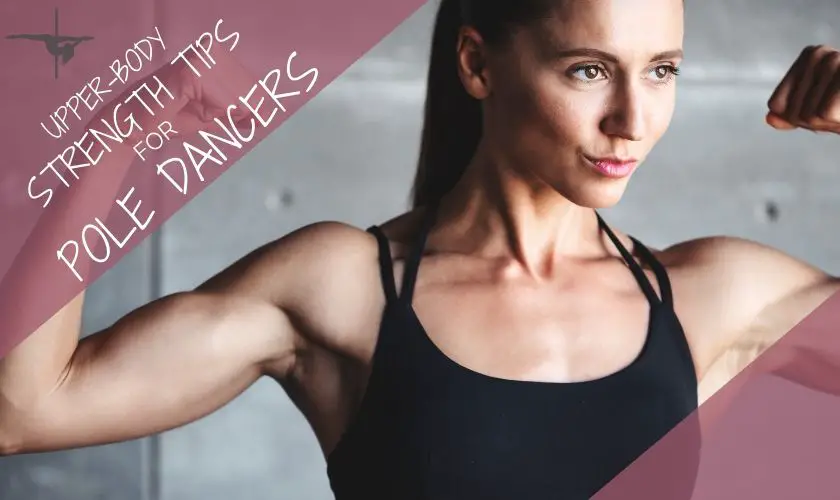
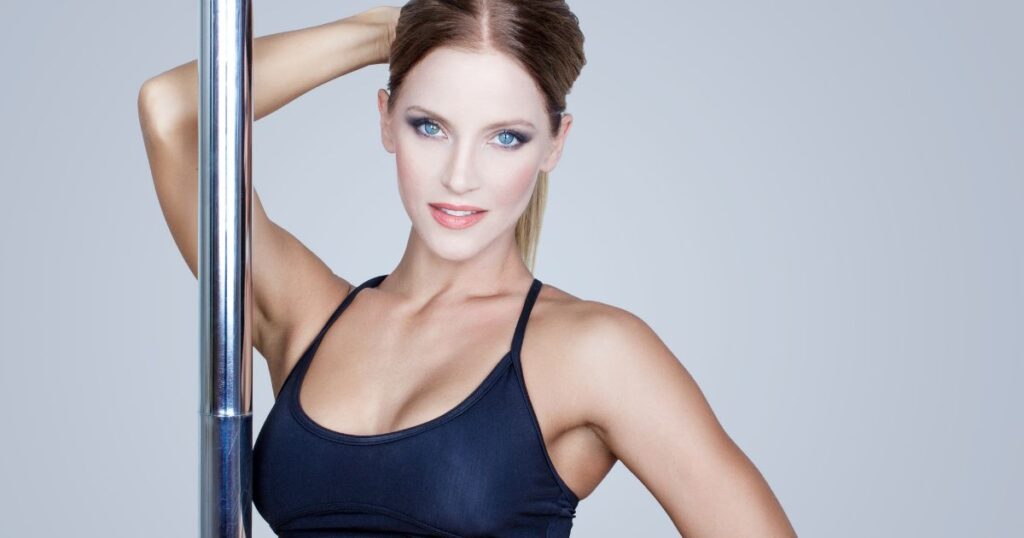
I love pole so much. I personally have never done it or joined a class but I have been a dancer all my life and the thought of flying on a pole sounds mystical to me.
Hi Gabriela, thanks for your comment. There’s no better time to start pole dancing than now! Let us know how you get on.
Can I pole dance with leg hair or will I need to shave to avoid it just getting caught and ripping out? (male)
Having hair can help with grip. I know some women in my class who won’t shave till the day after because it helps them grip better to the pole. I’m not sure about long leg hair?
Hi Bear, thanks for commenting. No, you will not need to shave or remove your body hair for pole. It should not hinder your progress at all.
I am just a child but I pole dance and enjoy every minute of it but I would also like to become a model and for that i need height so I would like to know if pole dance affects that in any way, shape or form.
Hi and thank you for commenting! Pole dancing itself will not affect your height, but rest assured that you will grow taller as you grow up. Have fun!